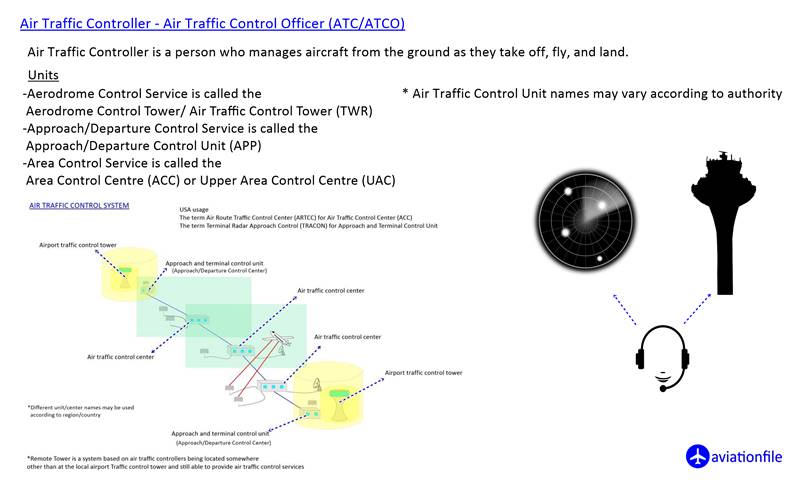Methods of Reducing Stress Factors for Air Traffic Controllers
Air traffic controllers have a demanding and stressful job that requires them to make quick decisions while keeping track of multiple aircraft in busy airspace. This can lead to high levels of stress and fatigue, which can affect their performance and safety. To reduce stress factors for air traffic controllers, ANSPs (Air Navigation Service Providers) can implement various methods that focus on improving their work environment, providing adequate training, and offering support programs.
Improving the work environment
Air traffic controllers work in a fast-paced and noisy environment, which can be stressful. ANSPs can take measures to improve the work environment by reducing noise levels and providing ergonomic equipment. For example, they can install soundproof walls and windows, and use noise-canceling headsets. Providing ergonomic furniture and equipment, such as adjustable desks and chairs, can help reduce physical strain and discomfort, leading to better performance and reduced stress.
Providing adequate training
Air traffic controllers need to stay up-to-date with the latest procedures, technologies, and regulations. ANSPs can provide regular training and refresher courses to ensure that controllers have the necessary skills and knowledge to perform their job effectively. This can help reduce stress levels by improving confidence and reducing the likelihood of errors.
Offering support programs
ANSPs can also offer support programs to help air traffic controllers cope with the stress of their job. These programs can include counseling services, stress management workshops, and peer support groups. Such programs can provide a safe and confidential space for controllers to discuss their concerns and receive help and guidance.

Conclusion
In conclusion, reducing stress factors for air traffic controllers is crucial for ensuring safety and performance. ANSPs can take various measures, including improving the work environment, providing adequate training, and offering support programs. By implementing these methods, ANSPs can help air traffic controllers manage stress and fatigue, leading to improved safety and performance in the aviation industry.
References:
- Federal Aviation Administration. (2015). Air Traffic Control Specialist Safety Enhancement Topic 4: Managing Fatigue. Retrieved from https://www.faa.gov/about/initiatives/safety_innovation/topics/ats_specialist_fatigue/
- International Civil Aviation Organization. (2019). Guidelines on Fatigue Risk Management for Air Traffic Service Providers. Retrieved from https://www.icao.int/safety/fatiguemanagement/Fatigue%20Management%20Resources/Doc9966_AN_GUIDE.pdf
- National Air Traffic Services. (n.d.). Mental Wellbeing. Retrieved from https://www.nats.aero/careers/air-traffic-control/mental-wellbeing/


